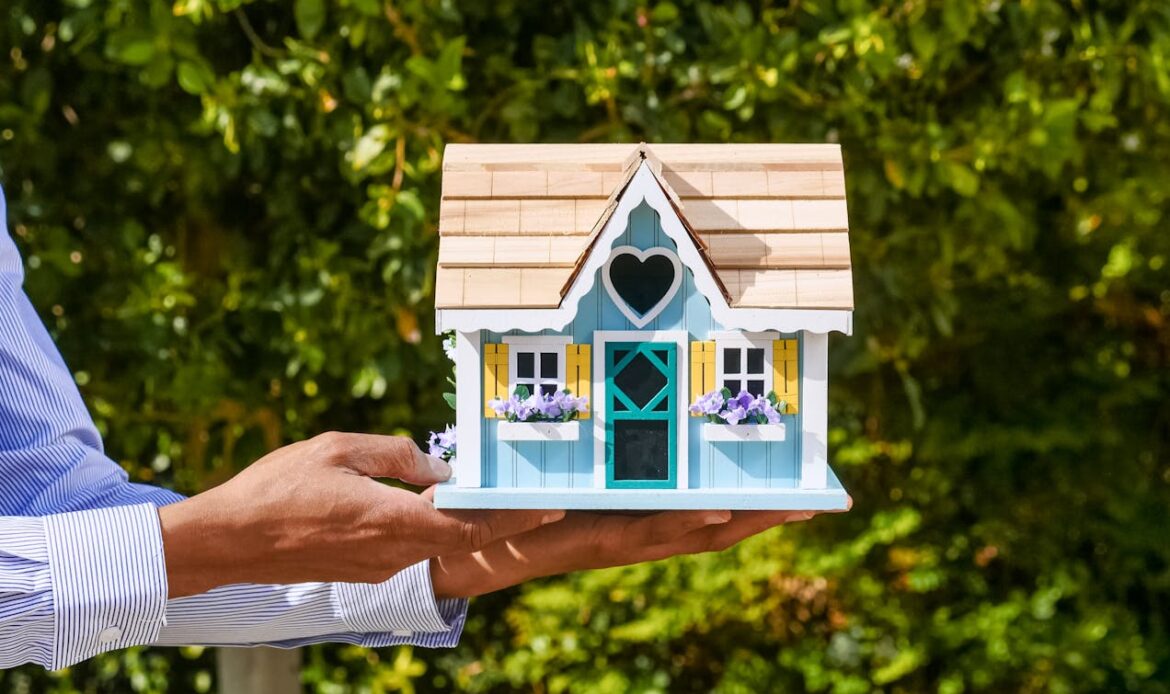Introduction
House Rent Allowance (HRA) is a common component of a salaried individual’s salary structure in India. It offers a tax benefit by allowing exemption of a portion of the salary when the employee pays rent for their accommodation.
This blog covers how you can legally claim HRA exemption under the Income Tax Act, 1961 while filing your tax return for the Assessment Year 2025-26 (Financial Year 2024-25).
Legal Reference and Tax Code Explanation
- Income Tax Act, 1961: Section 10(13A)
- Rule 2A, Income Tax Rules, 1962:
Provides the method for calculating the exempt portion of HRA.
The exemption is available only if rent is actually paid for a rented house.
What is House Rent Allowance (HRA)?
HRA is an allowance provided by employers to employees to meet rental expenses. While it is a part of the salary, a portion of it is exempt from tax under Section 10(13A), subject to conditions.
The objective of providing HRA is to reduce the tax burden on salaried individuals who live in rented accommodations.
Who Can Claim HRA?
You can claim HRA if:
- You are a salaried individual.
- Your salary package includes a House Rent Allowance component.
- You actually pay rent for residential accommodation.
Self-employed individuals or freelancers cannot claim HRA under Section 10(13A), but they can claim rent deductions under Section 80GG, subject to conditions.
How is HRA Tax Exemption Calculated?
The tax-exempt portion of HRA is the least of the following three amounts:
- Actual HRA received from the employer.
- 50% of salary (basic salary + dearness allowance) if living in a metro city (Delhi, Mumbai, Kolkata, Chennai); 40% if living in a non-metro city.
- Actual rent paid minus 10% of salary (basic + dearness allowance).
Salary for this calculation means basic salary plus dearness allowance (if part of retirement benefits).
Detailed Example: How HRA Exemption Works
Case Study:
Mr. Karan Mehta lives in Mumbai, pays rent of ₹30,000 per month, and earns the following annually:
- Basic Salary: ₹8,00,000
- Dearness Allowance: ₹1,00,000
- HRA Received: ₹3,60,000
Calculation:
- 50% of salary = 50% of (8,00,000 + 1,00,000) = ₹4,50,000
- Rent paid – 10% of salary = (30,000 x 12) – 10% of 9,00,000 = ₹3,60,000 – ₹90,000 = ₹2,70,000
- Actual HRA received = ₹3,60,000
Tax Exemption = Least of ₹4,50,000, ₹2,70,000, or ₹3,60,000 = ₹2,70,000
Hence, ₹2,70,000 of the HRA received is exempt from tax. The remaining ₹90,000 (₹3,60,000 – ₹2,70,000) will be added to taxable salary.
Step-by-Step Guide to Claim HRA in ITR
Step 1: Ensure HRA is mentioned in your salary structure and Form 16.
Step 2: Collect rent receipts or rent agreement as proof.
Step 3: Calculate the eligible HRA exemption using the formula under Rule 2A.
Step 4: Fill the salary income section correctly in ITR-1 or ITR-2.
Step 5: Deduct the exempt HRA while showing taxable salary.
Step 6: Keep documentary evidence ready for future reference or scrutiny.
Important Documents Required for HRA Claim
- Rent receipts (mandatory if rent exceeds ₹3,000 per month).
- Rent agreement (recommended for clarity).
- PAN of the landlord (mandatory if annual rent exceeds ₹1,00,000).
- Bank statement or payment proofs showing rent payment.
- Employer declaration form (if required during salary processing).
Conclusion
HRA offers significant tax savings for salaried individuals living in rented accommodations. By properly calculating and claiming the HRA exemption, you can reduce your taxable income and avoid paying extra tax. Always maintain proper documentation to substantiate your claim if the Income Tax Department seeks verification.
Reach out Today!
Need help calculating your exact HRA exemption or filing your tax return accurately?
Schedule a meeting with our Chartered Accountant, Anshul Goyal, by visiting:
Disclaimer: I am Anshul Goyal, a Chartered Accountant licensed with ICAI, India. This content is intended for informational purposes only and does not replace specific legal or financial advice.
Frequently Asked Questions
1. Can I claim HRA if I stay with my parents?
Yes, you can claim HRA by paying rent to your parents, provided genuine rent transactions occur and proper receipts are maintained.
2. Is PAN of the landlord mandatory for HRA claim?
Yes, if the annual rent paid exceeds ₹1,00,000, you must obtain the PAN of the landlord.
3. Can I claim HRA exemption if I own a house but live in a different city?
Yes, you can claim HRA exemption if you rent a house in the city where you work, even if you own a property elsewhere.
4. Can both husband and wife claim HRA?
Yes, if both are employed and paying rent jointly or separately, they can claim HRA individually, subject to documentation.
5. What if my employer has not considered my HRA claim?
You can still claim the HRA exemption while filing your ITR independently by adjusting the salary income.


